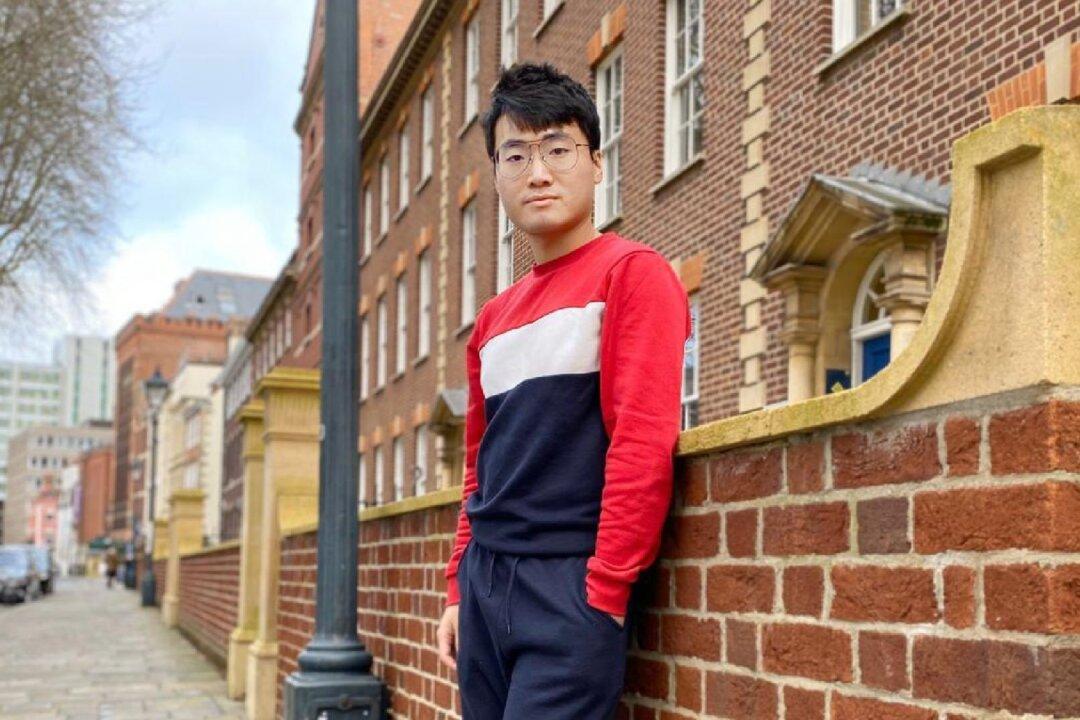Former British consulate employee Simon Cheng couldn’t have imagined that his participation in the Hong Kong pro-democracy protests would land him in a prison in China and labeled an “enemy of the state.”
Last August, the Hongkonger’s short business trip to the Chinese border city of Shenzhen turned into a nightmare: For 15 days, Cheng was held incommunicado, accused by Chinese authorities of being a British spy, and tortured to extract intelligence about protesters in his home city.





